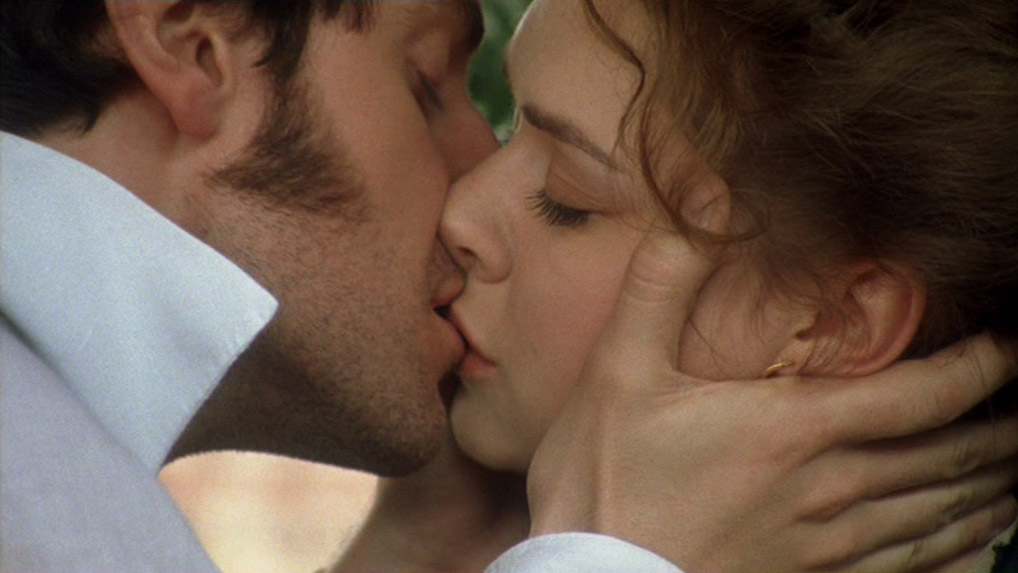Modern-day marriage proposals are generally very clear. The question “Will you marry me?” is put forth and the intended partner gives a “yes” or “no” answer. Sometimes an elaborate scheme is invented in which to make the momentous event a spectacular occasion which might be viewed by hundreds or thousands on social media. But still, today’s proposals include a clear question.
Ah, but if you were thrown into the Victorian Era you might be caught unawares that a gentleman has made an offer of marriage to you and awaits your response!
So how would you know if a gentleman friend or acquaintance is proposing to you in the Victorian Era? Well, if Gaskell’s North and South is any guide, you will know the gentleman has made his matrimonial intentions clear if he does the following:
takes your hand
declares his love for you
That’s it! This is how both proposals went for the unsuspecting Margaret Hale.
When Henry Lennox appeared in Helstone, she had no idea that he envisioned her as his future wife. She thought they were just friends. Surprise, surprise!
‘Margaret,’ said he, taking her by surprise, and getting sudden possession of her hand, so that she was forced to stand still and listen…..I have been hoping for these three months pas to find you regretting London - and London friends, a little, - enough to make you listen more kindly’ (for she was quietly, but firmly, striving to extricate her hand from his grasp) ‘to one who has not much to offer, it is true - nothing but prospects in the future - but who does love you Margaret, almost in spite of himself.'
Mr. Thornton’s proposal, however passionately made, follows the same basic technique: get a hold of the girl’s hand and declare your love.
‘I choose to believe that I owe my very life to you….and it doubles the gladness, it makes the pride glow, it sharpens the sense of existence till I hardly know if it is pain or pleasure, to think that I owe it to one — nay, you must, you shall hear’ - said he, stepping forwards with stern determination - ‘to one whom I love, as I do not believe man ever loved woman before.’ He held her hand tight in his….’’
In both of these instances, Margaret understands that she is being proposed to. She has apparently read and comprehended A Girl’s Handbook to Detecting and Rejecting Sudden Marriage Proposals. Those of us in the 21st century might have taken these rather awkward professions of love as a giant hint that the guy is really, really interested in dating us.
I confess that for years I resisted calling the scene at the end of episode two “the proposal scene,” since John never actually asks Margaret to marry him. The same with the book. Although the dialogue is different, the question of marriage isn’t posed to Margaret there either. The word “marry” or “marriage” isn’t even mentioned at all.
But I was wrong. I was judging the “proposals” by modern customs. Although I couldn’t discern a clear marriage proposal in Thornton’s passionate torrent of words, Margaret certainly understood that she was being proposed to.
‘Margaret began to wonder whether all offers were as unexpected beforehand,--as distressing at the time of their occurrence, as the two she had had.’
And yes! For heaven’s sake, whatever happened to the courting stage, guys?! Give a girl some time to get used to the idea!
So there it is, ladies. A Victorian woman may not even be aware that a romantic interest is forming in a gentleman friend or acquaintance before the proposition of marriage is sprung upon them.
And now— if you should by chance be swept back in time and catch the eye of a handsome mill master—you’ll be better prepared to recognize his marriage proposal.













